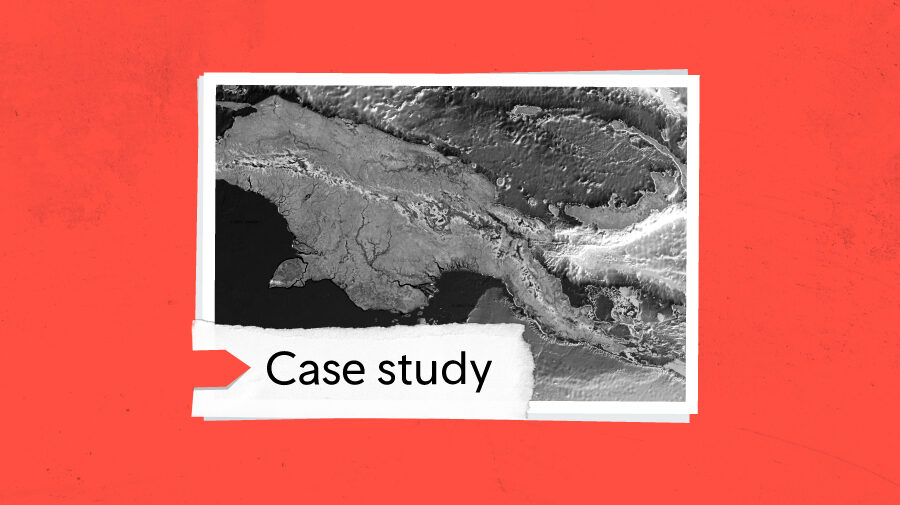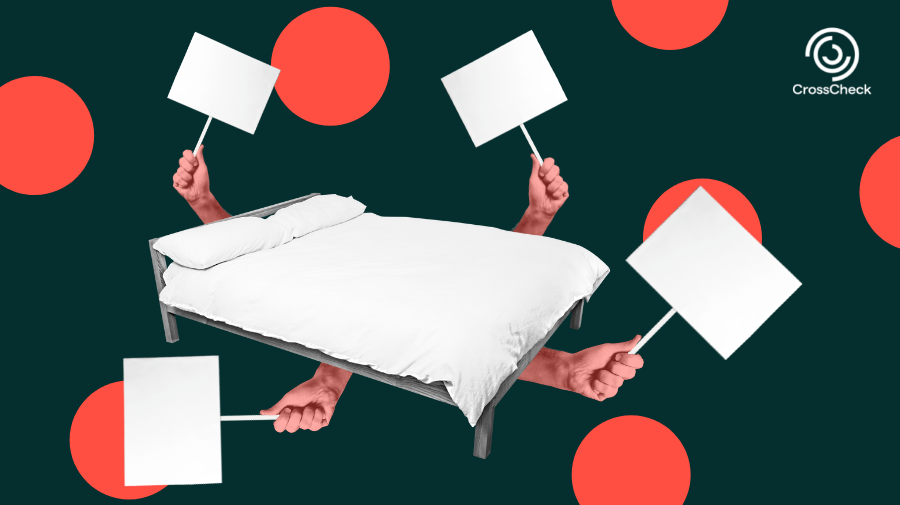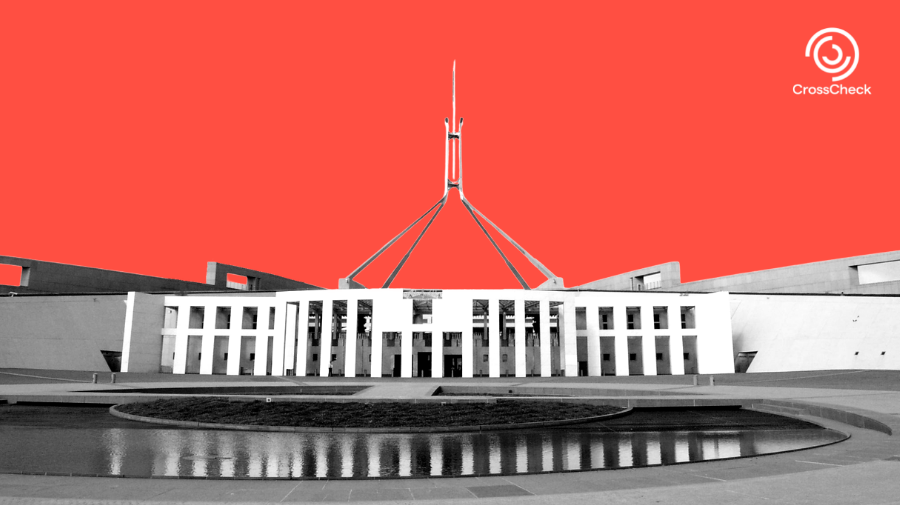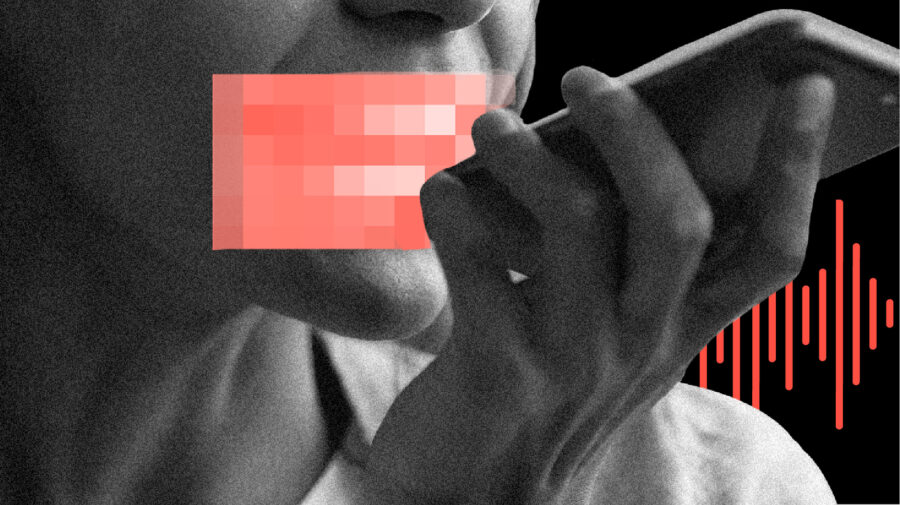Papua New Guinea (PNG)’s response to Covid-19 is facing a perfect storm. There are too few trained medical staff, supplies are scarce and virus cases are up, more than doubling in the past month. Vaccine hesitancy, compounded by online misinformation, threatens to further complicate the situation.
Neighboring Australia and the World Health Organization (WHO)’s COVAX initiative had offered PNG emergency vaccines in an attempt to curb the surge, but Australia’s effort has been met with a viral claim that the 8,000 locally produced AstraZeneca vaccines the country donated were part of its plan to use Papua New Guineans as “guinea pigs.”
This was just one example of a narrative surfaced by First Draft’s research into vaccine hesitancy in Papua New Guinea, a complex phenomenon with many drivers: distrust in local authorities; fears of regional “victimization”; confusing public health messaging; and some medical workers’ reluctance to get vaccinated. In social media posts from February and March, misleading claims drew on these attitudes. The result could hamper a vaccine rollout that has already encountered difficulties.
PNG opposition leader Belden Norman Namah stood in stark contrast to Prime Minister James Marape’s push for vaccination. In a statement issued March 25, Namah called on the prime minister to “immediately suspend rollout of the Covid-19 AstraZeneca vaccines,” citing concern over “potential serious side effects.” He also accused the Marape administration of “offering them up as laboratory rats or guinea pigs for further testing of the vaccine.” This came after reports of rare post-vaccination blood-clotting disorders and the subsequent temporary suspension of the AstraZeneca vaccine in multiple countries.
Many of those countries have since resumed use of the vaccine after the WHO and European Medicines Agency (EMA) said the shot’s benefits outweighed the risks. On a provincial level, Madang Governor Peter Yama told over 250,000 residents in the northern province not to get vaccinated because “surveillance on local antibodies is not fully assessed and PNG does not have any confidence to make a decision,” local news site Loop PNG reported.
Instead of vaccinations, Yama recommended the rapid diagnostic test. While Covid-19 testing can help identify asymptomatic cases so authorities can respond better, it cannot generate an immune response necessary to fight the disease.
Social media users in PNG echoed these claims, with one post reading, “Mass Vaccination program in PNG is POLITICAL” and another suggesting the government was rushing its decision to approve the use of the vaccine. Others, including the author of a post in an anti-vaccine Facebook Group in Australia with more than 20,000 members, falsely stated that vaccination was mandatory. That had been dismissed by Marape, who said that “government will not force anyone to take the vaccines” in a March 23 Facebook post.
Going by our review of social media posts, vaccine aid from PNG’s neighbor Australia was not received well. As encapsulated in opposition leader Namah’s statement, fear that Papua New Guineans would become “guinea pigs” for the AstraZeneca vaccine from Australia surfaced online shortly after the vaccine donation was announced March 17. Adding fuel to the suspicion about Australia’s intentions were reports quoting Médecins Sans Frontières (Doctors Without Borders) as saying that PNG and other Pacific nations could have received the vaccine by now had a group of countries, including Australia, not blocked an intellectual property waiver related to Covid-19 vaccines.
Narratives that the AstraZeneca vaccine from Australia would turn Papua New Guineans into “guinea pigs” or “lab rats” dominated comments on social media alongside concerns that the shot was inferior to other Covid-19 vaccines, and that PNG would become its wealthy neighbor’s “dumping ground.”
Some medical personnel’s skepticism toward the vaccine had also hampered public health messaging and fanned misinformation. One of the most viral claims against the AstraZeneca vaccine was a fabricated letter citing virologist professor Peter Siba, who was described as working for the Papua New Guinea Institute of Medical Research (IMR). Siba said he was not associated with the IMR and the letter was by a “faker pretending to be me,” but in a move perhaps even more damaging to trust in the vaccine, he told MP Bryant Kramer that he did in fact make those comments against the AstraZeneca shot. A recent survey conducted by Port Moresby-based doctor Gary Nou also found 1 in 4 of the 130 health workers interviewed appeared hesitant about the vaccine.
Whether online misinformation about Covid-19 vaccines will hinder Papua New Guinea’s vaccine rollout, which began March 30 following initial delays, is yet to be seen. But PNG’s immunization program is already facing difficulties. Vaccines expected to arrive under COVAX might also be hit by delays after India, the biggest supplier to the global immunization effort for poorer countries, temporarily halted vaccine export last week in order to meet domestic demand.
Better public health messaging and efforts to restore trust in the vaccine will be crucial in a country where low immunization coverage had in the past rendered people susceptible to communicable diseases. In 2018, the WHO declared a polio outbreak in PNG — one that was caused by a weakened version of the polio virus. This type of attenuated virus, used in the polio vaccine, would only affect communities that are under-immunized. While the polio outbreak in PNG was brought under control, according to the Global Polio Eradication Initiative, it “remains vulnerable to re-infection.”
Lucinda Beaman contributed to this report.






